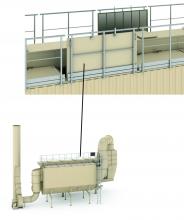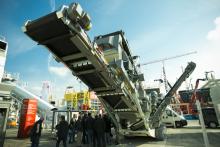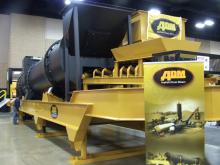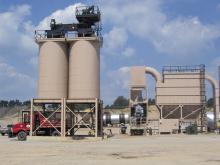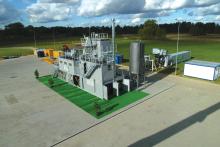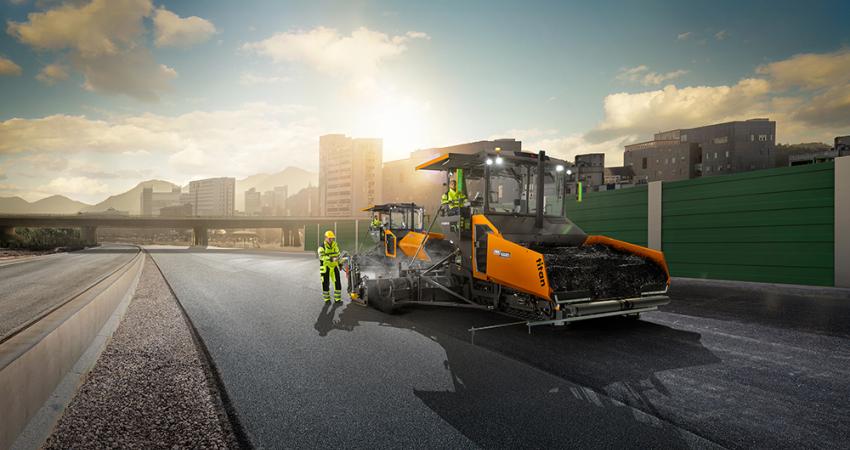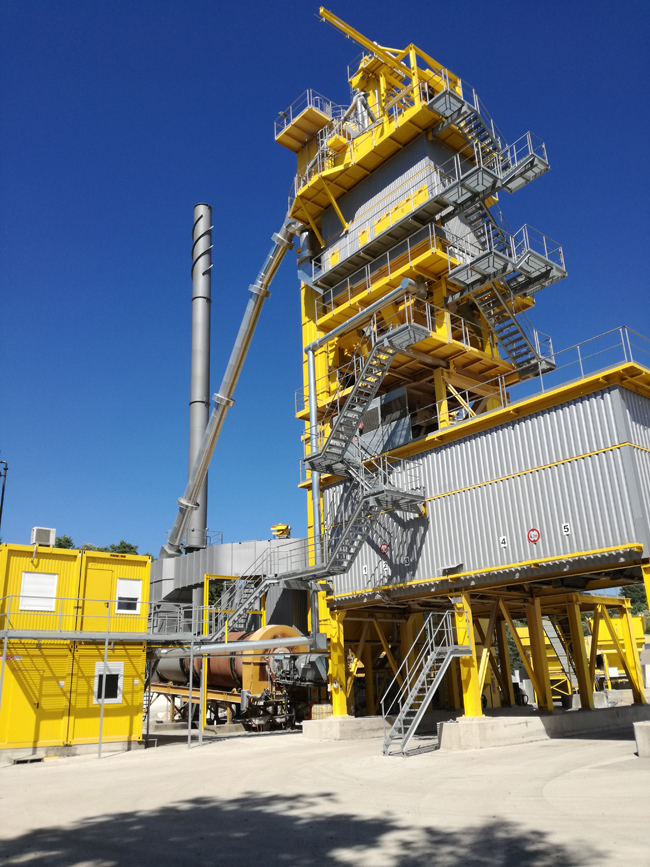
The time frame for the retrofit was tight because it was important to avoid lengthy downtime and production outages in mid-season. This meant that the changeover had to be completed over a long weekend.
Work to dismantle the old baghouse system, which had been in operation for 20 years and the trial run for the new system started on the following Monday morning.
The firm now has a modern production plant that also ensures environmentally-friendly operation at its facility in Pleinfeld, Bavaria.
Fiegl has had its own facilities for producing asphalt for an extensive period – mainly to supply its own paving crews, but also to meet the needs of local customers. The company has two paving crews that operate within a 50km radius of its site.
The firm’s old asphalt mixing plant dated from the 1970s and was replaced in 2014 with a Universal 240 plant from
At the same time, the bitumen tanks were also brought into line with the latest technological standards. Two tanks were replaced and one was converted. Nowadays, all three are heated with electricity instead of oil. The filler silo was also replaced.
As well as reducing emission values, sound levels and energy requirements, the new baghouse system helps improve reliability.
The Ammatex filter bags have long service lifetimes. They are resistant to extreme temperatures and are impregnated with polytetrafluoroethylene (PTFE) as standard. The seams are also made of PTFE.
The filter bags eliminate the need to use fresh air flaps, so no additional air is required to clean the cloths. Thermosetting guarantees the dimensional stability of the filter bags. The type AFA 3089 baghouse plant in Pleinfeld can operate at a rate of 63,000Nm/h and is controlled via a frequency converter. The filter surface area is 1,045m2, more than sufficient to meet the environmental requirements for the operation of the asphalt mixing plant.

